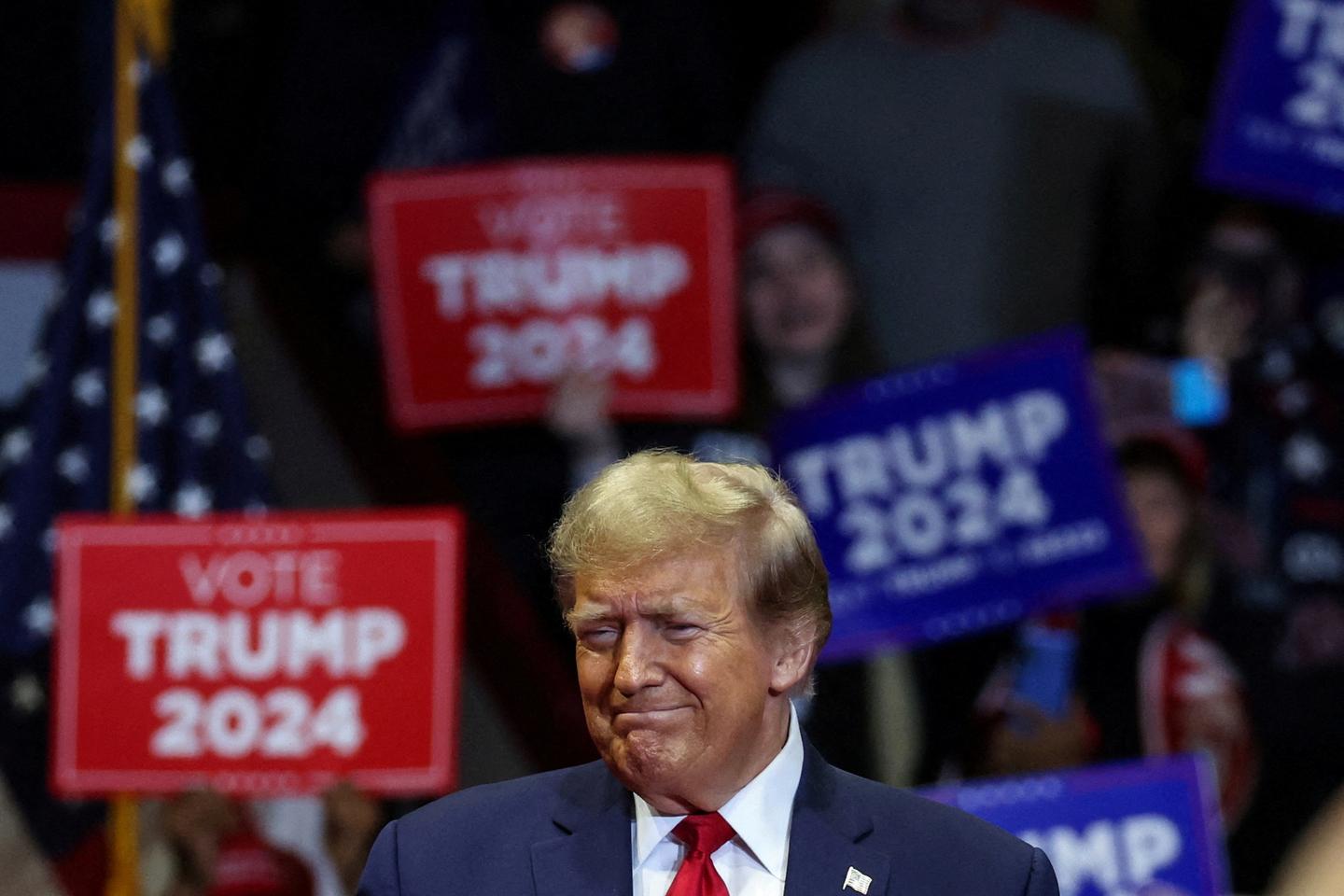


Unsurprisingly, on the eve of the March 5 Super Tuesday primaries, the US Supreme Court overturned the ruling of its Colorado counterpart to kick Donald Trump off the ballot in that state, because of his role in the Capitol assault on January 6, 2021. The decision was based on Section 3 of the 14th Amendment to the Federal Constitution, which prohibits anyone who has taken an oath to defend the Constitution to participate in a rebellion or an insurrection.
The nine justices tried to avoid the trap of partisan interference in the middle of an election year: a collective, unanimous decision, based on a solid legal foundation in the principles of federalism, i.e., the relationship between the federated states and the Union. As suggested by the February 8 hearing, the legal characterization of the events of January 6, 2021, and the degree of involvement of the former president were not addressed.
The Court thus ruled that, while a State of the Union could implement the disqualification provided for in Section 3 against a holder of or candidate for an office in that State, the situation was different in the case of a federal office. Adopted in 1868, immediately after the American Civil War (1861-1865), the 14th Amendment was part of a movement to strengthen federal power over the federated states. Allowing each state to determine whether a candidate for national office is eligible would, according to the Court, lead to electoral state-by-state "patchwork," or even "chaos."
The concern is real, and the Supreme Court can be credited with a solid legal-political argument, which has the merit of clarifying the electoral debate. It could, however, be objected that states are in charge of the national electoral process within their respective jurisdictions. Under the terms of the ruling, a candidate could now be disqualified on the grounds of insufficient sponsorship, but not because of his or her participation in an insurrection, which is paradoxical, to say the least.
Furthermore, had it been upheld, the Colorado decision would have rapidly been emulated in several states, and the predicted chaos would have been avoided. Lastly, the Supreme Court would in any case have retained the power to censure any improbable ineligibility decisions it might deem unjustified in the future.
Two separate opinions
But that is not where the heart of the matter lies because, beyond the Trump case, the unanimity on display soon cracks on closer inspection. The Court's decision is accompanied by two separate opinions, respectively from conservative judge Amy Coney Barrett, appointed by Donald Trump, and from the three Democratic justices Elena Kagan, Sonia Sotomayor, and Ketanji Brown Jackson. Each of them dissociated themselves from the majority opinion of their five male conservative colleagues, which called for the passage of a specific act of Congress to implement Section 3 on the federal level.
You have 33.58% of this article left to read. The rest is for subscribers only.
